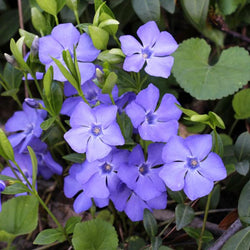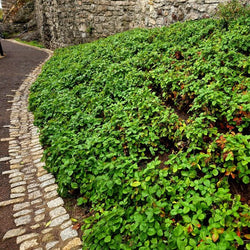News
Create a Haven for Butterflies and Hummingbirds with Instant Butterfly Garden Package
Transform your garden into a vibrant sanctuary for butterflies,...
Read MoreFast-Track Your Garden's Beauty: Discover 11 Rapid-Growing Perennials!
Transforming your garden into a vibrant masterpiece is easier...
Read More9 Deer-Resistant Plants to Safeguard Your Garden!
Keep your garden safe from unwanted browsing with our...
Read MoreInstant Garden Glory: 6 Perennial Varieties for Fast-Growing Color!
Ready to revitalize your garden with minimal effort? Discover...
Read MoreGarden Besties: 7 Companion Plant Pairings for Long-Lasting Beauty
Transform your landscape with the perfect pairings of companion...
Read More7 Spreading Plants To Fill Bare Spots
There are a number of attractive plants that have...
Read MoreGrowing Oakleaf Hydrangeas
Native to shady woodland habitats across the Southeastern United...
Read MoreBest Tips On Gardening For Bluebirds
Bluebirds are welcome guests in the garden. Not only...
Read More















